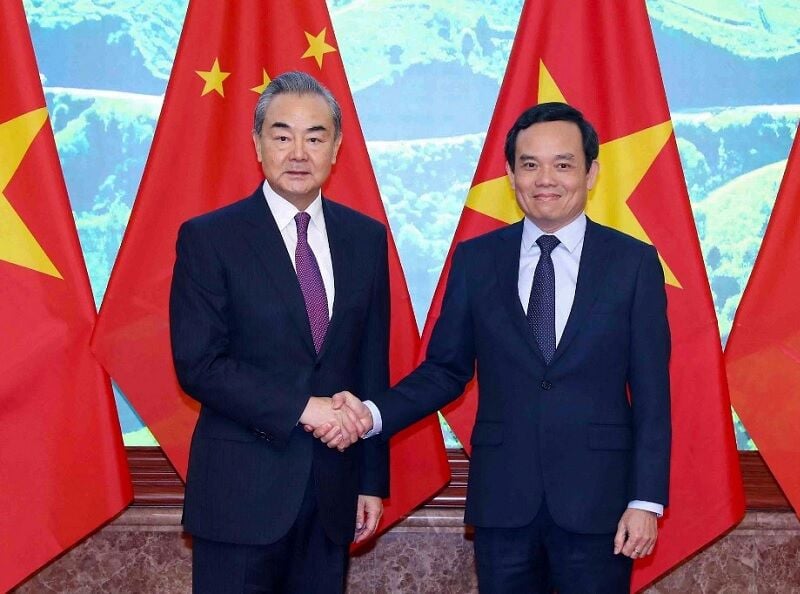Vietnam attracts soaring Chinese investment as US trade dwindles

With a surge in Chinese investment, Vietnam has become a hotspot for economic activity this year, as figures indicate a decline in US trade and spending. Vietnam’s strategic location along the South China Sea makes it a vital link in global supply chains, particularly for Chinese components and American consumers.
September saw United States President Joe Biden elevate diplomatic relations with Vietnam, following a year of rigorous diplomatic endeavours. This development placed the US on par with China in Vietnam’s diplomatic ranking. This diplomatic manoeuvre by the US is met with a forthcoming visit by China President Xi Jinping, who is expected to fortify ties further with Vietnam.
While it remains uncertain whether the US or China has secured a more significant diplomatic upgrade, economic indicators suggest a Chinese advantage. This is partly due to US trade policies and the ongoing tensions between Washington and Beijing, which have facilitated the flow of Chinese investment into Vietnam.
Official figures from Vietnam reveal that investment from China and Hong Kong collectively reached US$8.2 billion in the first 11 months of the year. This figure is double the investment volume recorded in the corresponding period last year during the Covid-19 pandemic restrictions in China. These statistics place China and Hong Kong as the most significant investors in Vietnam.
Contrastingly, US investment witnessed a decline, falling to US$0.5 billion this year from US$0.7 billion in 2022, ranking it as the 10 major investor in Vietnam. Bilateral trade also took a hit, with US consumers faced with a cost-of-living crisis and no tariff reductions agreed during President Biden’s visit.
Vietnam’s exports to the US fell by 15% to US$79.25 billion in the first 10 months of this year, while imports also decreased. In the same timeframe, Vietnam’s exports to China saw a 5% increase to nearly US$50 billion. However, imports declined as Vietnam primarily purchases components from Beijing for assembly and export to Western countries.
Choppy waters
Despite robust economic ties, Vietnam’s relations with China are strained due to disputes over boundaries in the South China Sea. Anti-Chinese sentiments among Vietnamese citizens have resulted in frequent protests, including a 2018 protest against the establishment of special economic zones that could potentially benefit Chinese firms.
While the US pledged increased investment and simplified trade, experts indicate that foreign businesses encounter significant hurdles when investing in Vietnam. The corresponding boom in Chinese investment, which nearly doubled this year to US$3.9 billion excluding Hong Kong, is attributed to companies de-risking amid the US-China trade tensions.
The slowdown in China’s economic growth is also prompting Chinese investors to explore investment opportunities outside their country, reported Bangkok Post.
Latest Thailand News
Follow The Thaiger on Google News:


























